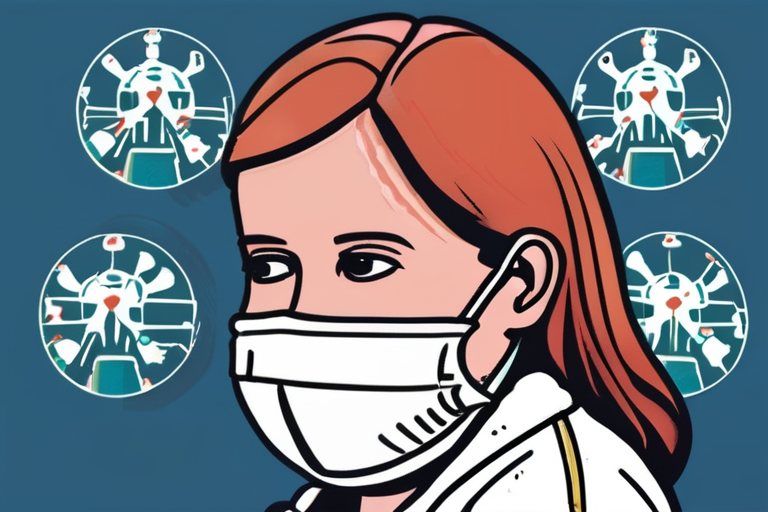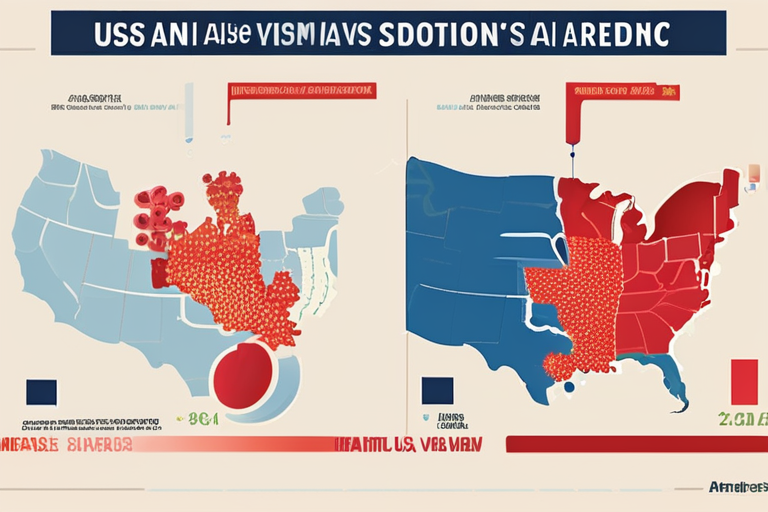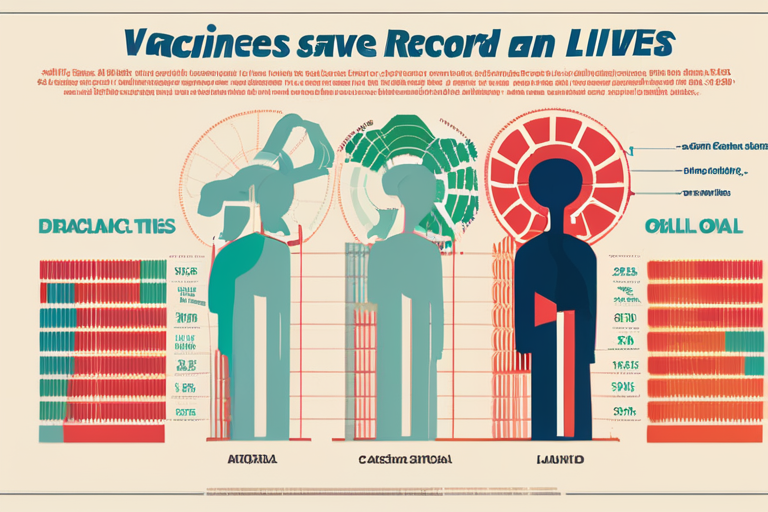Malaria's Economic Toll: A Crisis That Extends Beyond Human Lives
A recent analysis highlighted the significant economic impact of malaria on businesses and economies, particularly in sub-Saharan Africa. According to the study, more than three-quarters of sub-Saharan African businesses reported that malaria affects their operations, with nearly 40% describing the impact as serious. This disruption is not limited to individual lives but has far-reaching consequences for corporate revenues and GDP growth.
In 2020, Africa accounted for approximately 94% of all malaria cases, with over 246 million people affected annually. The economic burden of malaria is substantial, with the World Health Organization estimating that the disease costs the global economy over $12 billion each year. In sub-Saharan Africa, the economic impact is particularly pronounced, with malaria-related absenteeism and reduced productivity estimated to cost businesses over $1.3 billion annually.
The economic implications of malaria are multifaceted. Sick workers miss days or weeks of work, resulting in lost productivity and revenue for businesses. In addition, malaria-related healthcare costs and lost economic opportunities due to premature death and disability further exacerbate the economic burden. According to a survey of sub-Saharan African businesses, the average cost of malaria-related absenteeism per employee is estimated to be around $1,300 per year.
The impact of malaria on businesses is not limited to small, local enterprises. Large corporations operating in the region, such as mining and construction companies, are also affected. In fact, a survey of multinational corporations operating in sub-Saharan Africa found that nearly 60% reported that malaria affects their operations, with over 40% describing the impact as significant.
The economic toll of malaria has significant implications for the global economy. As the world's second-largest continent, Africa plays a critical role in global trade and commerce. The economic burden of malaria not only affects individual businesses but also has broader implications for economic growth and development in the region.
Malaria No More, a global health organization, has been working to combat the disease for over two decades. The organization's CEO, Martin Edlund, emphasizes the importance of addressing the economic impact of malaria. "Malaria is not just a health crisis, but an economic imperative," Edlund says. "We need to work together to address the root causes of malaria and ensure that businesses and economies are protected from its devastating effects."
The Corporate Council on Africa, a business organization that promotes trade and investment between the United States and Africa, also recognizes the importance of addressing the economic impact of malaria. The organization's President and CEO, Florizelle Liser, notes that "malaria is a major obstacle to economic growth and development in Africa. We need to work together to find solutions that address the economic and health impacts of the disease."
In conclusion, the economic impact of malaria is a significant concern that extends beyond individual lives. The disease has far-reaching consequences for businesses, economies, and global security. As the world's second-largest continent, Africa plays a critical role in global trade and commerce, and addressing the economic burden of malaria is essential for promoting economic growth and development in the region.



























Share & Engage Share
Share this article